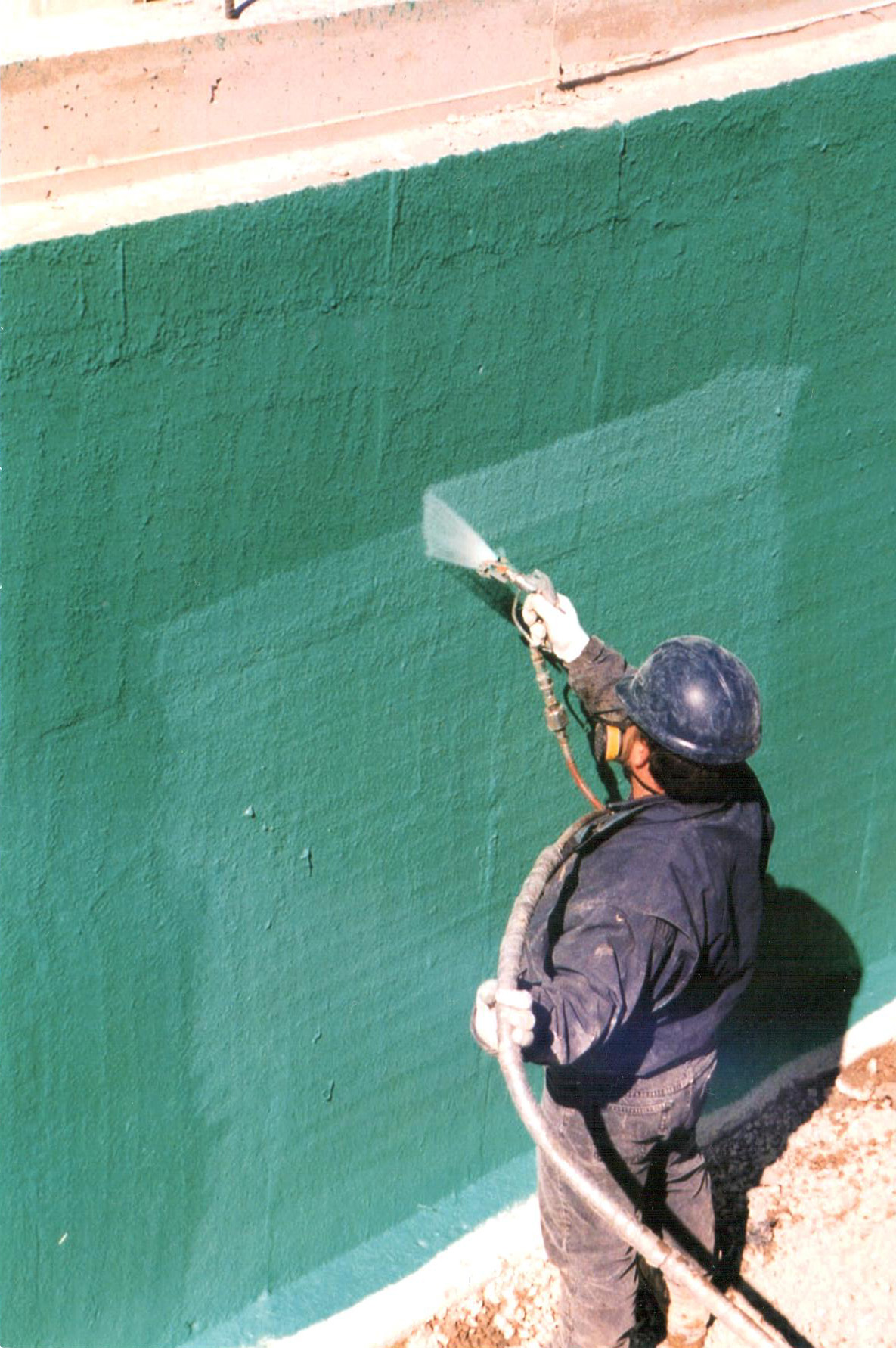Creative Moisture Control Techniques for City Homes

Within metropolitan settings, where room is at a premium and the elements can be unforgiving, effective waterproofing strategies are vital for upholding the well-being of houses. Water infiltration not only threatens the architectural soundness of buildings but also leads to a host of expensive issues, ranging from mold growth to base damage. As a property owner, grasping the significance of thorough waterproofing strategies can spare you a significant amount in repair costs and guarantee your living space remains protected and pleasant.
This piece delves into novel waterproofing solutions catered for metropolitan homes, immersing into the essentials of why waterproofing is necessary and what you should to know to safeguard your house. We will decode common myths, highlight signs that your home might demand immediate care, and lead you through both DIY solutions and contractor options. Whether it's protecting your basement from flooding or making sure your roof is ready to handle the weather, we've got you assisted with the definitive manual to modern waterproofing methods.
An Fundamentals of Waterproofing: An Overview

Moisture protection is a crucial procedure for shielding properties and buildings from moisture intrusion. It includes techniques and substances intended to stop water penetration, thereby safeguarding the integrity of structures and enhancing overall durability. Ignoring waterproofing can lead to significant problems like mold development, damage to foundations, and costly repairs. Comprehending the necessity of waterproofing is the initial step towards maintaining a safe and wholesome home environment.
The process of waterproofing varies depending on the area and specific needs of a building. Essential locations that often require focus include cellars, ceilings, exteriors, and external buildings. Each area has unique requirements and issues that must be addressed to successfully prevent water from infiltrating. This makes it essential to assess the specific requirements of a home and implement targeted waterproofing plans.
Investing in waterproofing not only safeguard a property but also contributes to its thermal efficiency. Appropriate waterproofing can improve thermal insulation, reduce heating and cooling costs, and encourage better indoor air quality by reducing humidity problems. Obviously, waterproofing is more than just a preventive measure—it is an integral aspect of responsible property management that can reduce expenses and enhance the living conditions for residents.
Comparative Analysis: Do-It-Yourself vs. Professional Waterproofing
When evaluating waterproofing options, homeowners often consider the benefits of tackling the project themselves against contracting professionals. DIY waterproofing can be attractive due to potential cost reductions and the fulfillment of finishing a project independently. Many property owners experience success in small-scale areas, such as bathrooms or decks, using easily accessible waterproofing products. However, this approach requires a significant investment of time and effort, along with a desire to understand the details of proper techniques to prevent common mistakes that could lead to inadequate protection.
On the other hand, expert waterproofing services bring knowledge and skill to the situation. Professionals are typically well-versed in multiple waterproofing methods and products, ensuring the job is done effectively and efficiently. They can accurately assess the specific needs of your home, spot potential issues, and implement thorough solutions that Do-It-Yourself approaches might overlook. Although this option involves elevated initial costs, it may save property owners from costly repairs down the line due to water damage that resulted from improper installation.
Finally, the decision between DIY and professional waterproofing hinges on factors such as the difficulty of the job, the homeowner's skill level, and their budget. For minor repairs or maintenance, DIY approaches might be sufficient, but for more extensive projects or areas prone to significant water intrusion, committing to professional services could provide extra peace of mind and durable results. Choosing the right approach is essential to ensuring maximum protection against water damage for city homes.
Extended Advantages of Effective Waterproofing Solutions
Investing in efficient waterproofing methods provides a variety of lasting advantages for city homes and buildings. One of the key advantages is the prevention of expensive moisture damage restorations. leaky basement can lead to structural integrity problems, mold issues, and damage to belongings, which can accumulate over time. By addressing moisture-proofing effectively, property owners can retain a significant amount of money that would otherwise spent on major restoration work and renovation.
Another crucial benefit of adequate waterproofing is the increase of real estate worth. Homes and buildings that are well-maintained and void of water damage are more appealing to prospective buyers. A building with sound waterproofing measures in place indicates to purchasers that the structure has been cared for, making it more probable to retain its worth or even appreciate over time. This is particularly crucial in highly competitive urban markets where first impressions can greatly influence sale prices.
Effective waterproofing strategies also play a role to improved energy efficiency. Water and leakage can compromise insulation, resulting to increased heating and cooling expenses bills. By preventing water leakage and ensuring a dry environment, waterproofing helps to optimize a building's energy performance. This not just reduces utility bills but also supports sustainable practices, aligning with the growing focus on sustainable construction and home maintenance.
